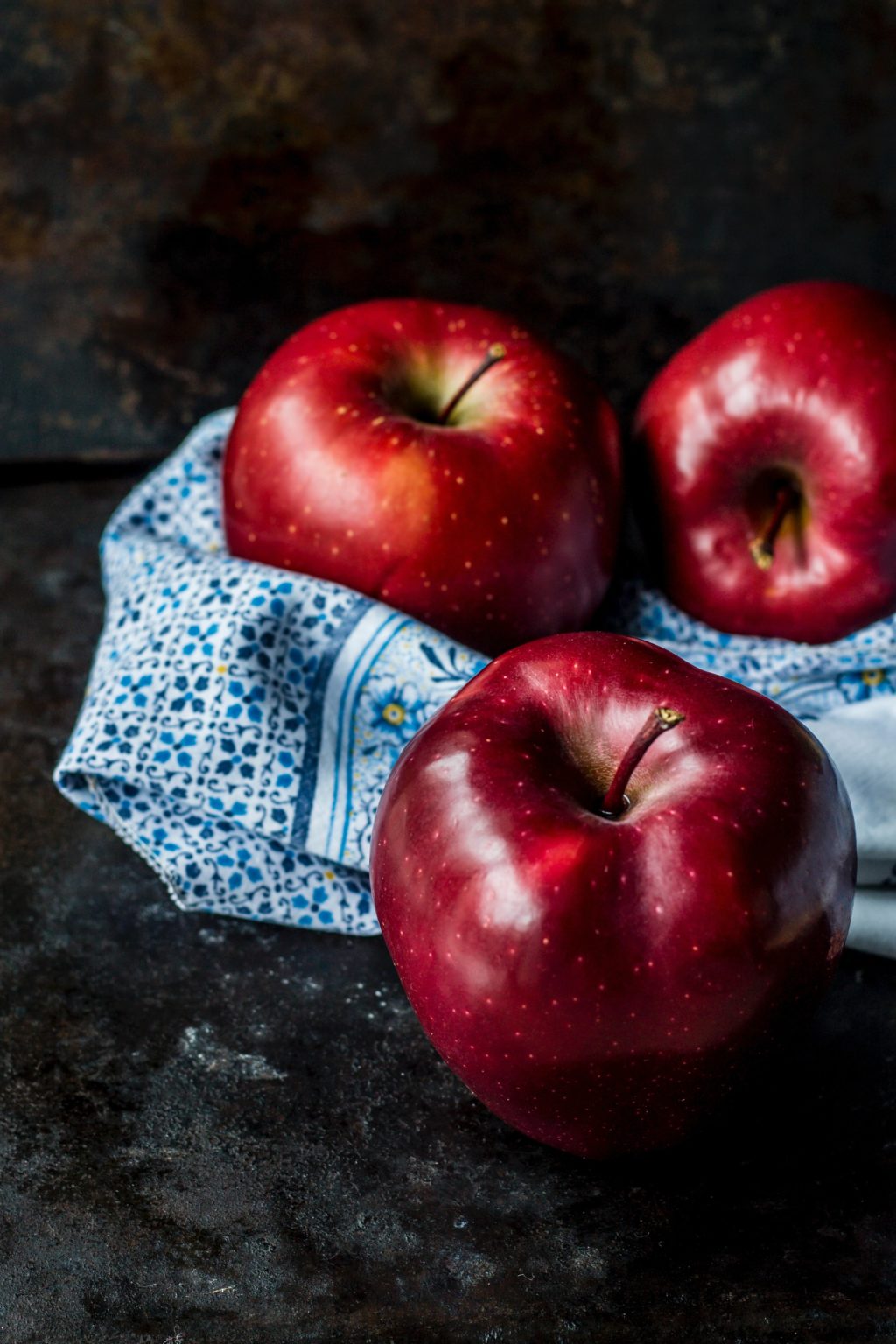Gut Health – What does it really mean?
More and more the intricate workings of the gut are being studied. Everyone wants a healthy gut but perhaps don’t know where to begin. The subject is huge and intriguing.
To start with it might be useful to explain a few words that you often come across when reading articles on gut health –
- Gut Microbiome – the trillions of funghi, bacteria and microbes living in the gut
- Probiotic – a bacteria that lives naturally in the body. Probiotics can be taken in supplemental form or as a ‘live’ fermented food such as kimchi or olives.
- Prebiotic – a type of dietary fibre, a fuel to help bacteria grow. Found in foods like leeks, onions and aparagus.
- Gut Dysbiosis – when the bacteria in the gut becomes unbalanced
A gut under attack
Many people suffer from tummy complaints, from constipation to IBS, and bloating to colitis.
Sometimes symptoms are vague. There may be a sense of a gut that is fermenting, unsettled, hard and reactive to certain foods or stress.
Hippocrates stated that all disease begins in the gut. It is one of the most used quotes in natural health medicine, and it appears some 2000 years later science is showing he may have been right.
I recently visited The Royal Society of Medicine, and there Professor Tim Spector who has been studying the microbiome told us a story about his son.
Tom was at university and his father asked him to experiment by eating only McDonald’s fast food for 10 days; breakfast, lunch and dinner.
Not only did he feel tired and become pale quite quickly, after 10 days Tom had lost about 40% of his gut bacteria.
Three years later his gut is still recovering.
I was shocked at how quickly health can deteriorate when environmental conditions are compromised.
His story taught me how sensitive we are to poor diet, antibiotic use and stress which can create devastating effects in the gut and furthermore our overall health which can take a long time to recover from.
We really are what we eat.
Many people suffer from gut dysbiosis.
Symptoms like bloating, bubbling, pain, constipation and diarrhoea may be present, but often it will manifest itself in other ways.
You may suffer from brain fog, depression, anxiety, fatigue, allergies, aching joints or depression, and not realise that at the root of these issues might be a gut imbalance.
The Vagus Nerve
As you can see in this old anatomical drawing of the vagus nerve, with its tendrils around the gut area, signals travel from the gut to the brain and vice versa.
A healthy gut bacteria makes all the difference to your overall health and well-being.
“Ingestion of beneficial bacteria modulates behaviour and brain neurochemistry via this pathway.”
“oral treatment with a specific microbe, Lactobacillus rhamnosus JB-1, was able to mediate anxiolytic and antidepressive-like behaviour through a mechanism dependent on gut-brain signaling via the vagus nerve” – Study
“Feelings” make a lot of sense when you see this diagram; why a worrying thought might make you run to the toilet, and also how poor gut health can cause depression.

“With a lot of newly emerging research highlighting the gut-brain connection, it appears that the brain is actually the most susceptible organ to being negatively affected by gut dysbiosis before other organ systems show symptoms,” says Caitlin Thompson, neurobiology researcher. “This is because the microorganisms in our guts dictate a number of neurologically significant processes such as neurotransmitter production and balance, nutrient extraction, and neuroinflammation. It is even possible for bacteria to migrate up the vagal nerve from the gut into the brain.”
This is one of my favourite drawings because you can see the immense nerve endings in the gut. You can understand why it is often called the ‘second brain‘.
Phrases like ‘gut feeling’, ‘in the pit of my stomach’, ‘stomach in knots’, are now easy to understand when you see exactly how feelings can come from the gut and send a thought to the brain where the vagus nerve begins. You can also see the nerve around the heart area where feelings are also sensed.
The subject is huge and intriguing but we know enough that we must take care of our tummy.
A healthy gut cannot only alleviate physical gut problems but also diseases of the mind.
You really are what you eat.
10 ways towards a healthier gut = happier mind = better overall health
- Incorporate 20 plant foods in to your diet from herbs, spices, fruit and vegetables.
- Consume prebiotic rich foods like onions, garlic and leeks.
- Eat a diverse and colourful plate.
- Practice deep diaphramatic breathing to stimulate the vagus nerve.
- Reduce stress, it compromises gut health.
- Only use antibiotics when absolutely essential and then take a probiotic to repair any damage. Soil-based probiotic here.
- Incorporate a small amount of probiotic fermented foods every day – kefir, kimchi, kombucha, olives, miso, sourdough bread, yoghurt, natto.
- Take collagen to heal inflammation and improve digestion.
- Eliminate or reduce gluten – note any discomfort or tiredness after consuming foods with wheat. Inflammation upsets the microbiome.
- Dirt makes you happy – get your hands in the soil. Studies show that coming in to contact with and inhaling bacteria from the soil when gardening lifts the spirits. A natural anti-depressant, the effects can be felt for up to 3 weeks.
Did you know that an organic apple contains around 100 million bacteria. Most are in the seed and the rest in the flesh.

Share:
Spicy Kimchi
Spicy Kimchi